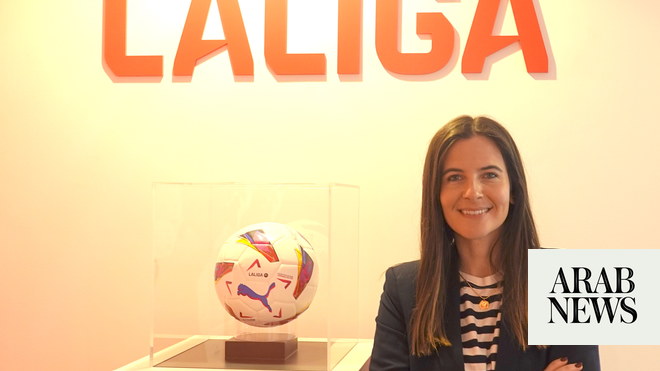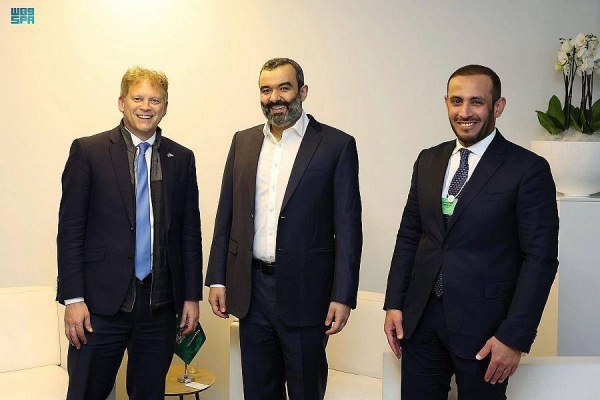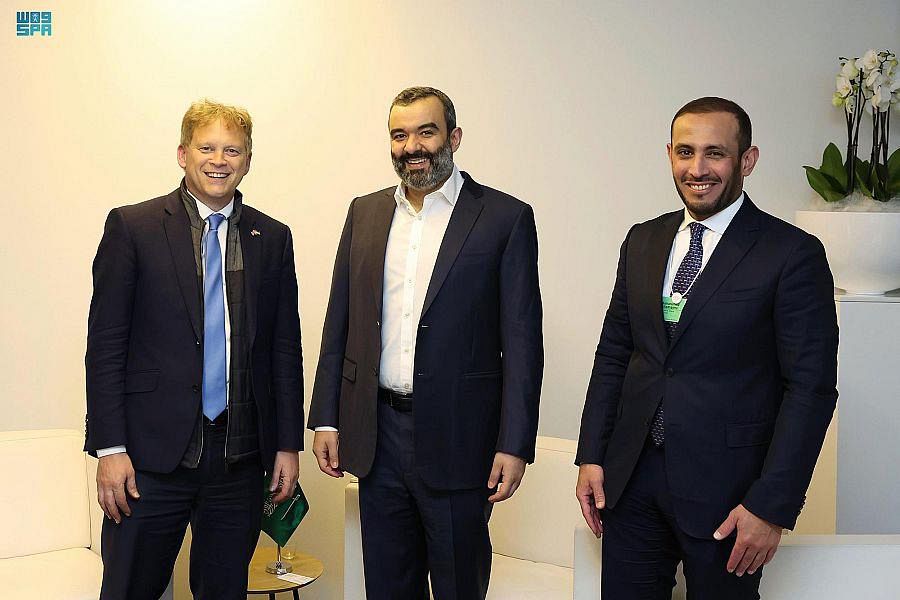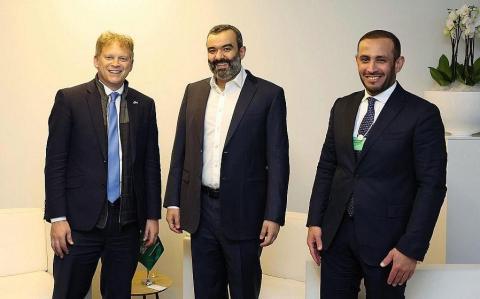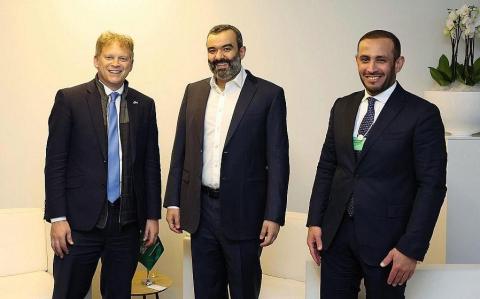
Prince Turki bin Saud bin Mohammed, president of King Abdul Aziz City for Science and Technology (KACST), speaking before the UN Conference on the Exploration and Peaceful Uses of Outer Space in Vienna on June 20, 2018. (SPA)
Updated 16 sec ago
Arab News
June 21, 2018 18:32
394
Between 2000 and 2017, the Kingdom launched 13 Saudi satellites along with three other satellites for communication remote sensing and scientific experiment services.
JEDDAH: Saudi Arabia took part on Wednesday in a UN Conference on the Exploration and Peaceful Uses of Outer Space in Vienna.
The Kingdom’s delegation was headed by Prince Turki bin Saud bin Mohammed, president of King Abdul Aziz City for Science and Technology (KACST). Saudi Arabia is an important member of the Committee on the Peaceful Uses of Outer Space.
In a speech to the conference, Prince Turki bin Saud said that the Kingdom has spared no effort to get and localize the best space sciences and techniques for use in vital fields, including education, health and management of water and natural resources, urban planning, environment surveillance, and telecommunications and satellite navigation.
The Kingdom has set a sustainable program for the satellite technology and applications that focuses on qualifying Saudi scholars, engineers and specialists, and developing infrastructure to support and sustain the country’s space industry.
Between 2000 and 2017, the Kingdom launched 13 Saudi satellites along with three other satellites for communication remote sensing and scientific experiment services. By the end of 2018, the Saudi Communication Satellite KA (SGS-1) that is being developed in cooperation with the US Lockheed Martin Company will be launched. This project includes an advanced qualification of Saudi cadres in the field of satellite designing, building and experimenting.
Prince Turki said the Kingdom established the first ground station in the region to obtain high-resolution images, operated by a center specializing in remote sensing technology in KACST. Two satellites will be launched this year, followed by other satellites in coming years to meet local needs.
He said: “Our space scientific missions in the future rely on the approach of small-scale satellite use, which contributes to achieving the low-cost scientific results in comparison with the current international missions. The Kingdom is seeking though its ambitious Vision 2030 and executive programs to build bridges of cooperation with the states that share the same interests of exploring the outer space for the common good of humankind.”
Prince Turki congratulated the Kingdom at the end of his speech on the 50th anniversary of the first UN Conference on Exploration and Peaceful Uses of the Outer Space. He praised the efforts of the Peaceful Uses of Outer Space Committee and thanked the UN Office for Outer Space Affairs, represented by its head Simonetta Di Pippo.






